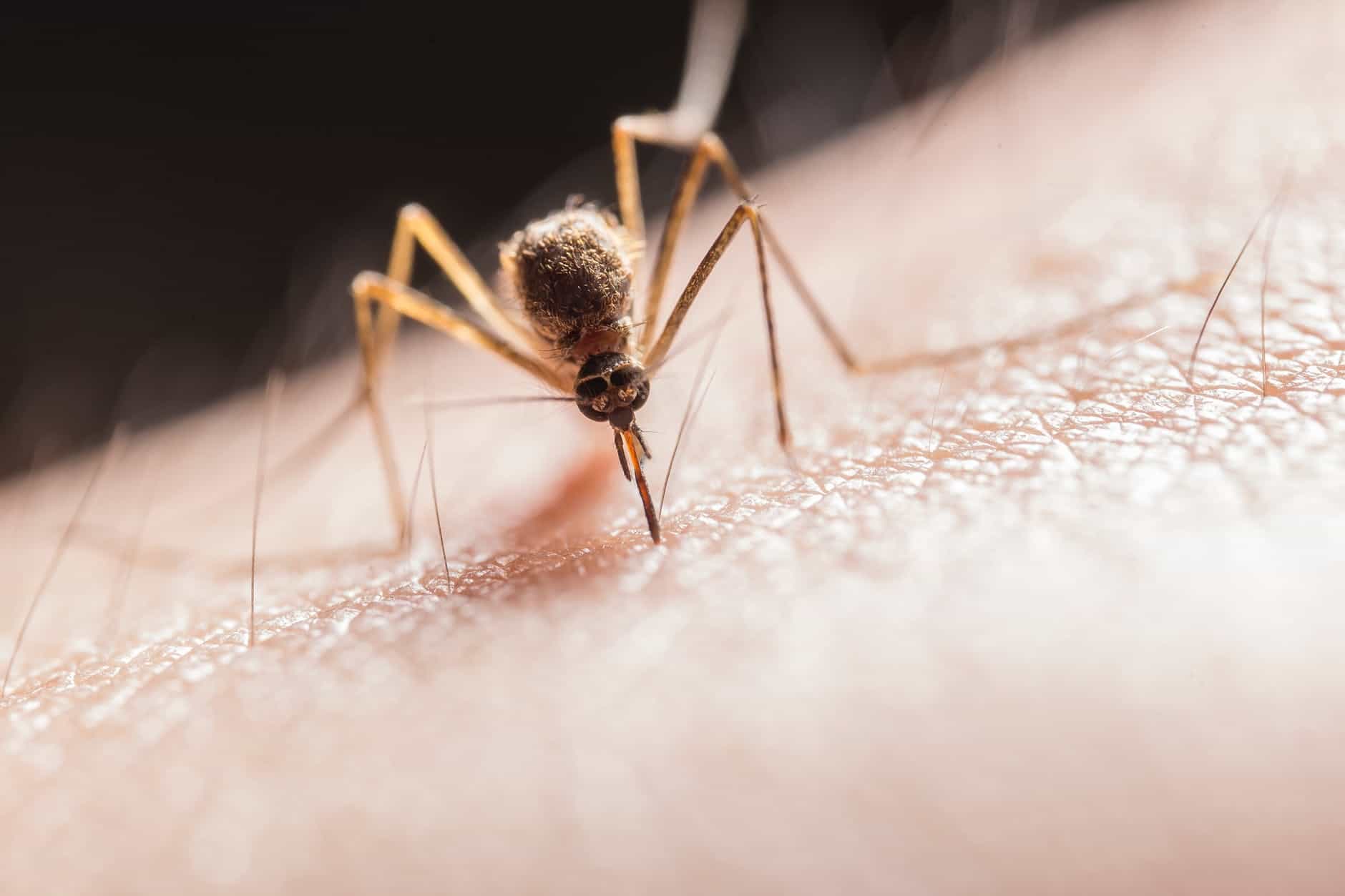Two batches of mosquitoes in Hamilton have tested positive for West Nile Virus
Published August 12, 2020 at 3:42 pm

Late last month, the City of Hamilton confirmed that a batch of mosquitoes tested positive for the West Nile virus (WNV).
Late last month, the City of Hamilton confirmed that a batch of mosquitoes tested positive for the West Nile virus (WNV).
This was the first time a batch of mosquitoes collected in Hamilton tested positive for the virus and it forced the city’s Public Health Service (PHS) to raise the risk of contracting the virus from low to moderate.
Earlier this month, a second batch of mosquitoes tested positive for the virus.
The WNV-positive mosquitoes were collected in Lower East and Central Hamilton, according to city data.
PHS said in a press release that while most people infected with West Nile virus will have no symptoms (approximately 80 per cent), others including older adults or those with weakened immune systems may experience West Nile fever (~20 per cent) or they may develop more severe illness including inflammation of the brain or the lining of the brain (~1 per cent).
If symptoms do occur, they will appear within 14 days after an infected mosquito has bitten a person.
In a small number of cases, the City’s website says, West Nile virus has been spread through blood transfusions, organ transplants, breastfeeding or in pregnancy from the mother to her baby.
Mild symptoms of the virus include:
- Fever
- Headache
- Nausea
- Vomiting
- A rash on the chest, stomach or back
- Body aches
More severe symptoms include:
- A stiff neck
- Confusion
- Tremors
- Muscle weakness
- High fever
- Severe headache
- Numbness
- Sensitivity to light
“It’s important to take precautions in the summer months to avoid illnesses like West Nile Virus and Lyme disease, which are spread by biting insects,” said Dr. Ninh Tran, Associate Medical Officer of Health, in the press release.
“If you plan to be outdoors, using an insect repellent containing DEET or Icaridin, and wearing loose-fitting, light-coloured clothing will help reduce your risk of being infected.”
PHS offers the following guidelines for residents to protect themselves:
- Avoid being bitten by mosquitoes.
- Use a mosquito repellent (bug spray) containing DEET or Icaridin.
- Avoid areas where mosquitoes are known to be present or cover up by wearing light coloured long sleeves and long pants when in mosquito areas such as wooded areas, on the golf course, or in the garden, especially at dawn and dusk when mosquitoes are most active.
- Reduce mosquito breeding sites by removing standing water at least weekly from your property.
Hamilton started recording and sharing community data on West Nile virus back in 2015.
Since then, there have been 20 people in the community to have tested positive for the virus, though no cases have been detected in humans in 2020 so far.
The City says they recently completed a second round of larviciding treatments on city street catch basins, in addition to ongoing treatment of surface waters on public land.
For more information on West Nile Virus and Hamilton’s approach to controlling its spread, visit the city’s website.
insauga's Editorial Standards and Policies advertising





